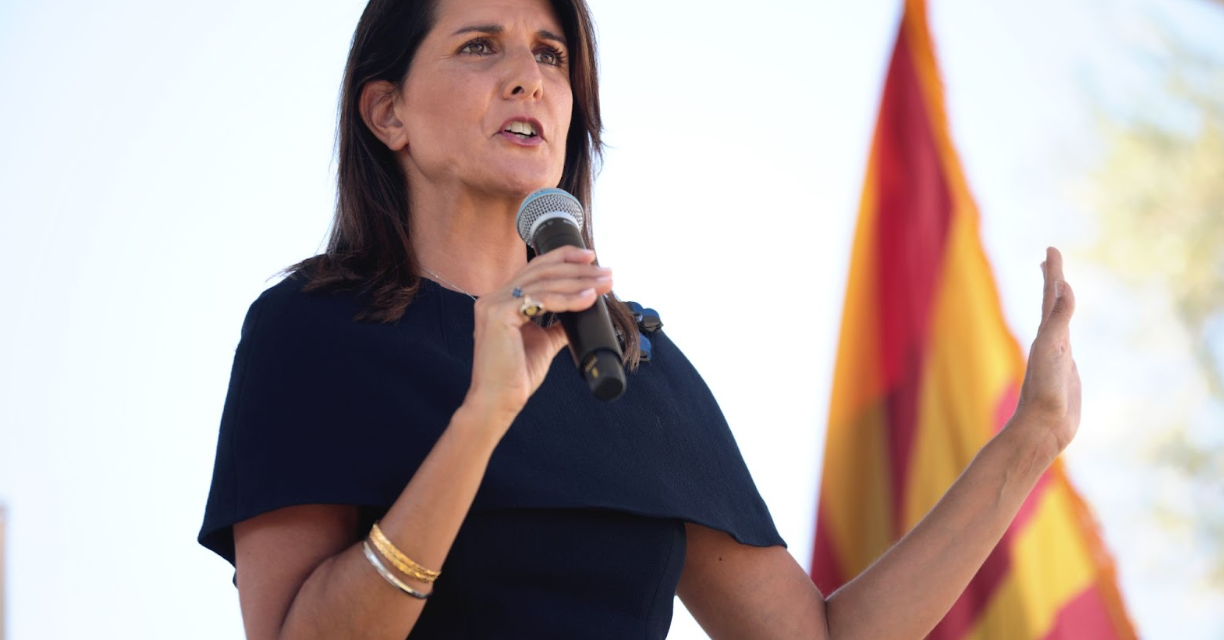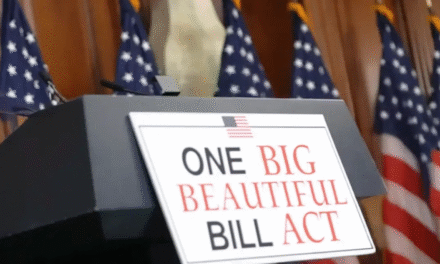Biden won Pennsylvania by 80,000 votes in 2020. Haley received twice that many votes in the 2024 primary.
On day two of the Republican National Convention, former presidential candidate and Trump rival Nikki Haley spoke, offering a strong endorsement of and support for former President Donald Trump. Shortly before the convention, Haley released all her delegates, allowing them to vote for Trump during the convention’s delegate count.
The RNC’s overall theme of “unity” was meant to help mend the fences damaged by a bruising primary, with both Haley and Florida Governor Ron DeSantis forcefully endorsing Trump on the second day of the convention.
Haley used her speaking slot as an opportunity to encourage those who voted for her over Trump in the primary to support the former president this fall. Directly addressing those voters, she said “You don’t have to agree with Trump 100% of the time to vote for him.”
When Haley dropped out after losing a string of states to Trump, she argued it was “now up to Donald Trump” to earn the support of Haley voters.
In Pennsylvania, nearly 160,000 GOP voters supported Haley over Trump in the April primary even though she had already dropped out of the race. With the Keystone State among a trio of rust belt states being considered critical to winning the election, voters in that group may play an important role in deciding the next president.
Given Biden’s 2020 margin of victory in Pennsylvania was only 80,000 votes, the math indicates Haley voters may have the power to decide the election.
In her RNC speech, Haley, a former South Carolina Governor and Trump’s own Ambassador to the United Nations, said it wasn’t just time to unite the Republican Party, but to expand the party.
In Pennsylvania, that party expansion may start with Latino voters increasingly populating cities like Reading and Hazleton, but also to voters in Philadelphia suburbs that have historically been Republican strongholds like Chester County, which has recently trended Democrat. Haley’s speech implored those who may be considered “Reagan Republicans” who don’t feel the connection to Trump’s brand of conservative populism to consider supporting the former President.
Leaning in on foreign policy, Haley praised Trump as a “tough” leader, saying “Putin didn’t attack Ukraine because he knew Donald Trump was tough. A strong president doesn’t start wars, a strong president prevents wars.”
What could Haley voters “coming home” to the Republican Party and supporting Trump mean to Pennsylvania?






